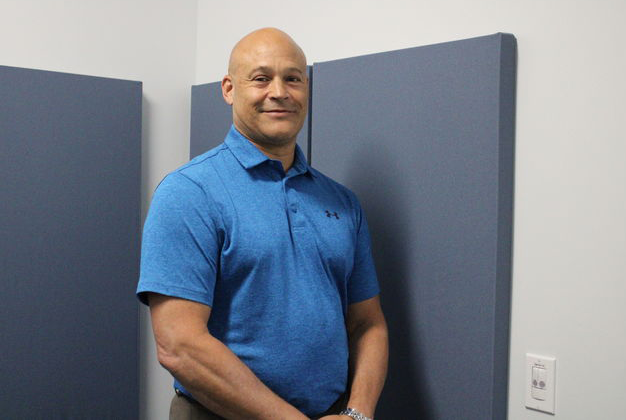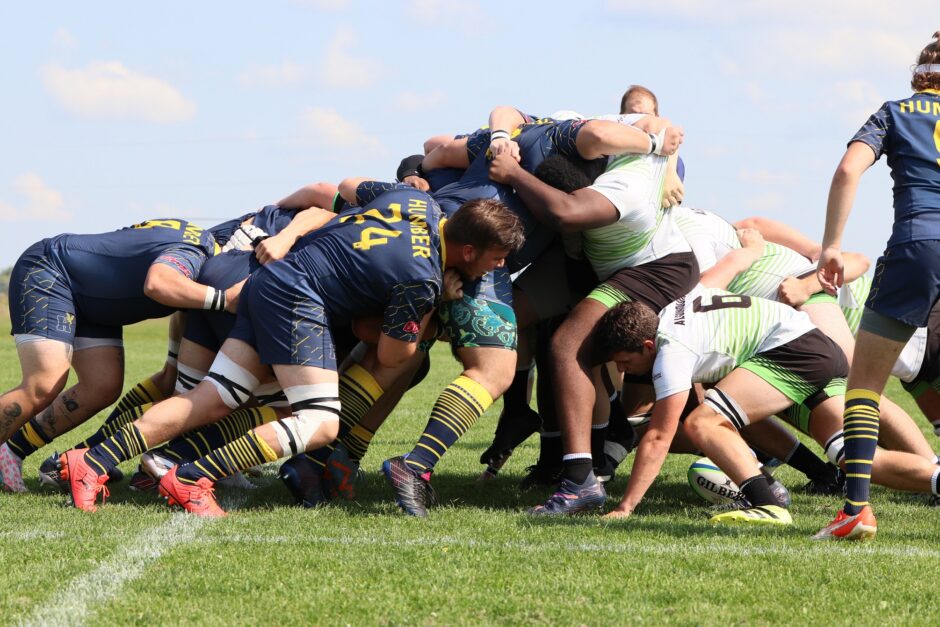Campus groups prepare for fall spike in sexual assaults

Algonquin College’s risk management and health and wellness employees might be hard at work this month as they support students who are victims of sexual violence on campus.
Johanne Marelic, the sexual assault and violence investigator for Risk Management, says she sees a higher volume of reported instances of sexual assault in the fall, when students first return to school.
“I think it’s a combination of students being away from home for the first time, COVID probably has not helped, age, maturity and alcohol (and) drugs,” said Marelic.
This increase coincides with a time referred to as “the Red Zone.” The Rape, Abuse and Incest National Network’s research determined that students are at a higher risk of being sexually assaulted in their first few weeks at a post-secondary institution, with half of all assaults occurring from August to November.
While Marelic and Stephen Smith, coordinator of security investigations, had not heard of the Red Zone themselves, they agreed instances of assault were higher in the fall.
Currently, they work to help students who have experienced sexual assault on campus, including in the residences or on field trips. While they cannot investigate instances that happen off-campus, they still provide resources and support to students struggling, if students request it.
Also on campus, Project Lighthouse in the Student Health and Wellness Centre is working to support students on campus who may have experienced sexual violence, and they’re constantly evolving.
“There’s a really great Ottawa-based organization called WISE … I’m hoping to partner with them,” said Hollie Sabourin, the culturally inclusive sexual health education coordinator with Project Lighthouse. “They aim to promote women’s safety…through offering personal safety workshops.”
The partnership with WISE will teach participants how to protect themselves psychologically, emotionally and physically, and how to recognize red flags in relationships. It would join Project Lighthouse’s list of existing programs, including support groups, activities and their online sexual violence prevention training.
“We’ll always, first of all, believe the victim, and respect their autonomy and how they want to approach going forward,” said Sabourin.
In Risk Management, Marelic and Smith are following the victim’s lead, too.
“We’re here really to support any survivors of sexual assault or sexual violence,” said Smith. “They can report it anonymously if they want, or they can make a full report so that we conduct an investigation.”
Risk Management also helps victims seek medical attention, and offers resources to staff to help them support students. Additionally, victims can choose to report and leave their case with Risk Management until they are ready.
“We will do our report, we will put it aside until if and when they’re ready to come forward,” said Marelic.
Those reports are kept forever.
Ultimately, Risk Management and Project Lighthouse agreed that it’s key to support victims and to keep the conversation going.
“I think it’s an important thing to be talking about (it),” said Sabourin. “We all have a role to play.”







